Celebrating Alumni Stories: Hannah DePoy
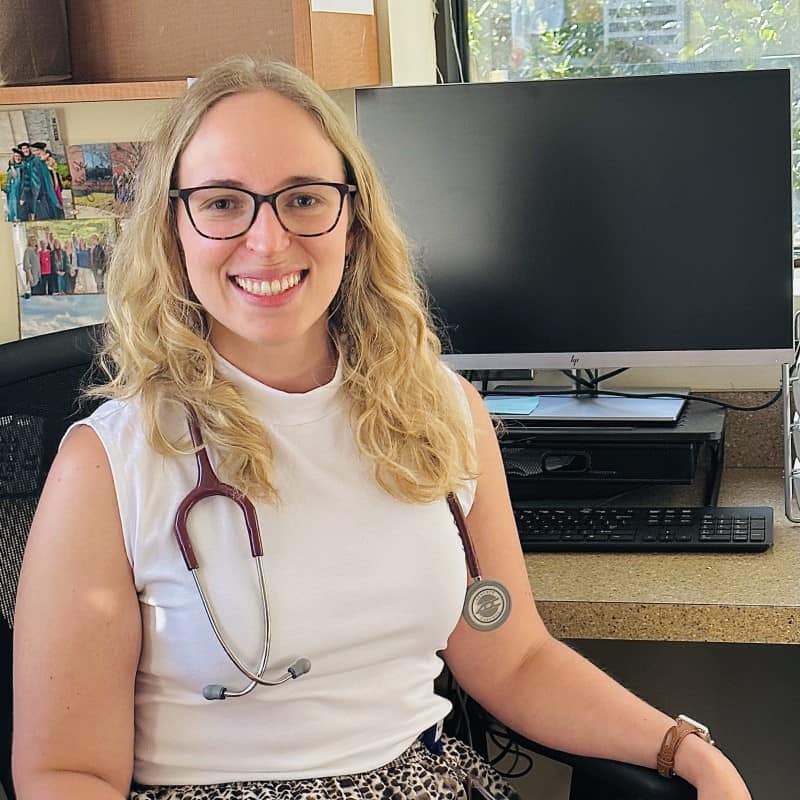
ACADEMIC AND PROFESSIONAL JOURNEY
As early as I can remember, I dreamed of being a doctor. After EMHS, my family’s West Virginia roots drew me to WVU’s Honors College where I pursued a degree in Biology and minor in Sociology. I then attended Edward Via College of Osteopathic Medicine (VCOM). Currently, I am second year family medicine resident at Fairfax Family Practice in Fairfax, VA.
My mom shares that at three years old, I began writing my dad “prescriptions” after a surgery. I also owe much to my mom and grandmother. Their careers as an occupational therapist and nurse, respectively, allowed me to witness the joy and fulfillment that can come in caring for others. These experiences taught me the importance of holistic primary care at an early age and continue to inspire me daily.
My awareness of the opioid crisis ultimately started at home. My dad, who had experienced a college football injury that set off a series of surgeries, was no stranger to chronic pain. This coincided with a national surge in the treatment of pain with prescription opioids. Though my dad’s health journey was incredibly complex, the addictive qualities of his pain medications ripple throughout our family’s story.
The Opioid Crisis
During college at WVU, momentum was just building to counter the State’s surge in opioid related deaths and I attended as many related talks as possible. In WV, it seemed no one was unaffected by the prescription drug crisis. However, I found that fewer of my peers in medical school had encountered the consequences of narcotics. Simultaneously, I found that many had experienced substance use disorder (SUD) through loved ones. This opened conversations about combating the opioid epidemic, and how to reduce stigma and holistically care for individuals experiencing SUD.
Fortunately, the Student Osteopathic Medical Association had started an Overdose Prevention Task Force, and I was able to start a satellite group. We began an initiative that resulted in medical school classes becoming trained to use naloxone (a medication that counteracts opioid overdose) within weeks of starting school. Importantly, these naloxone trainings included education on SUD and stigma reduction.
I later served as chair of the task force where we increased overdose awareness and substance use education on osteopathic campuses nationwide, eventually engaging two thirds of schools. Related efforts have continued to promote a more holistic SUD education for the next generation of physicians.
EMS EXPERIENCE
I attended EMHS from 6th grade through 12th grade (2006-2013). The emphasis on community and connection at EMHS is something I greatly value to this day. In the same breath, it is sometimes in spaces such as these where it becomes most challenging to share parts of our stories that feel outside of the community norm, especially during adolescence when our brains crave the ability to fit in. As a teen, the part of my story that was difficult to share included my dad’s battle with SUD and mental health. I have since learned that all of us carry stories that reflect the raw, imperfect nature of the human experience and sharing these vulnerabilities can lead to the most meaningful connection.
It is my hope that the EMS community find ways to embrace student stories that may be outside the norm and laden with the imperfect human experience. Moreover, I hope that connections fostered at EMS be accompanied by deep, loving acceptance and celebration of the varied experiences that we each embody.
Hear more alumni stories and click here for a full homecoming schedule.
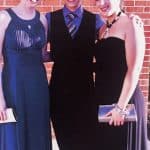
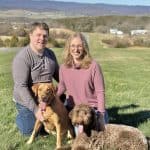
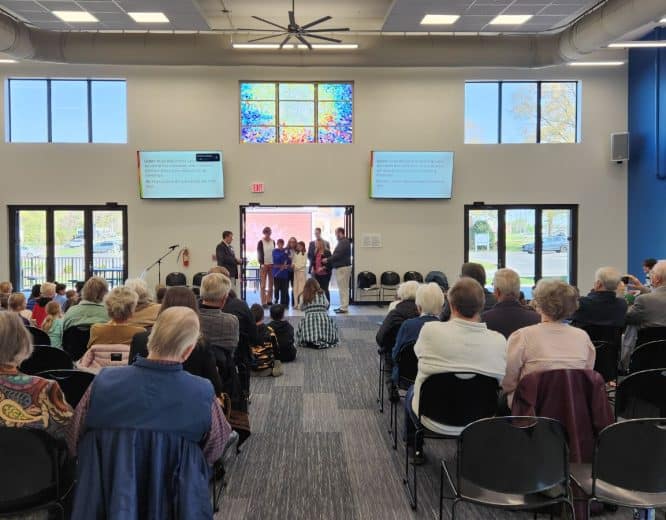
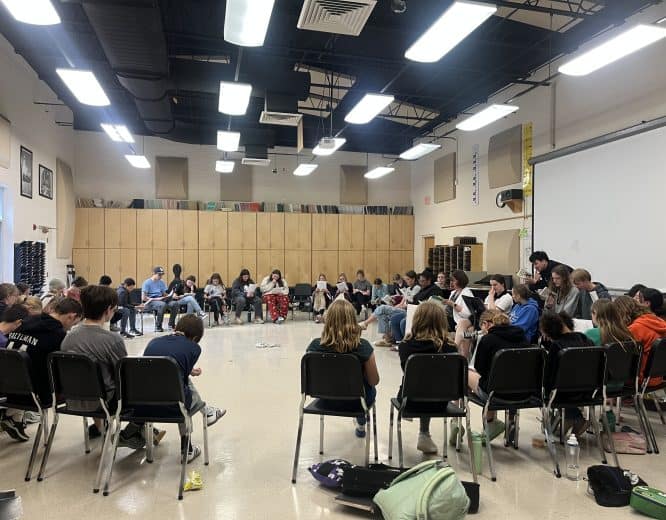

Hannah, Thank you for sharing your family’s story with SUD…..you are certainly not alone and it looks like you have been able to build community networks for treatment and support.
Would love to meet you.